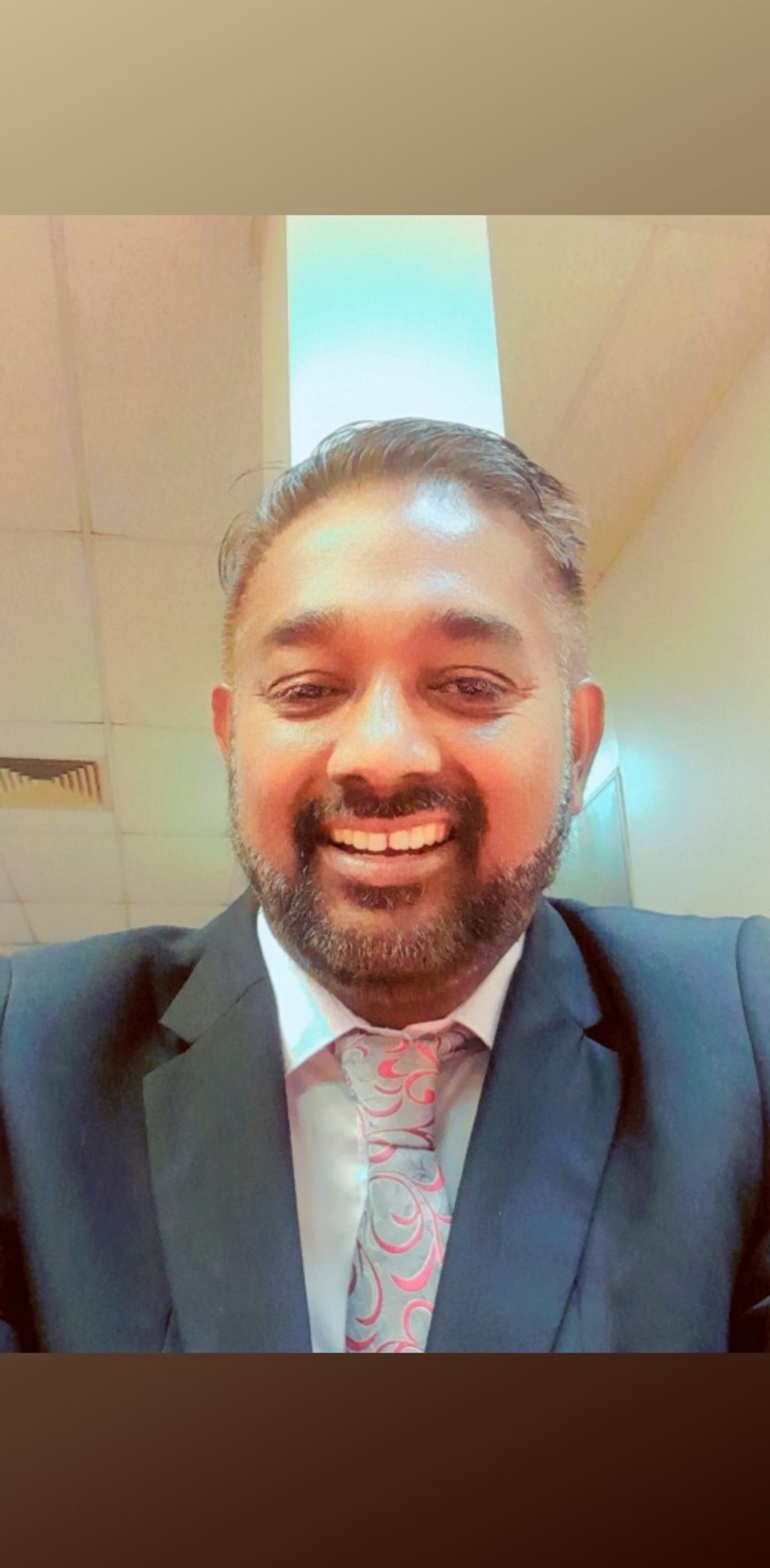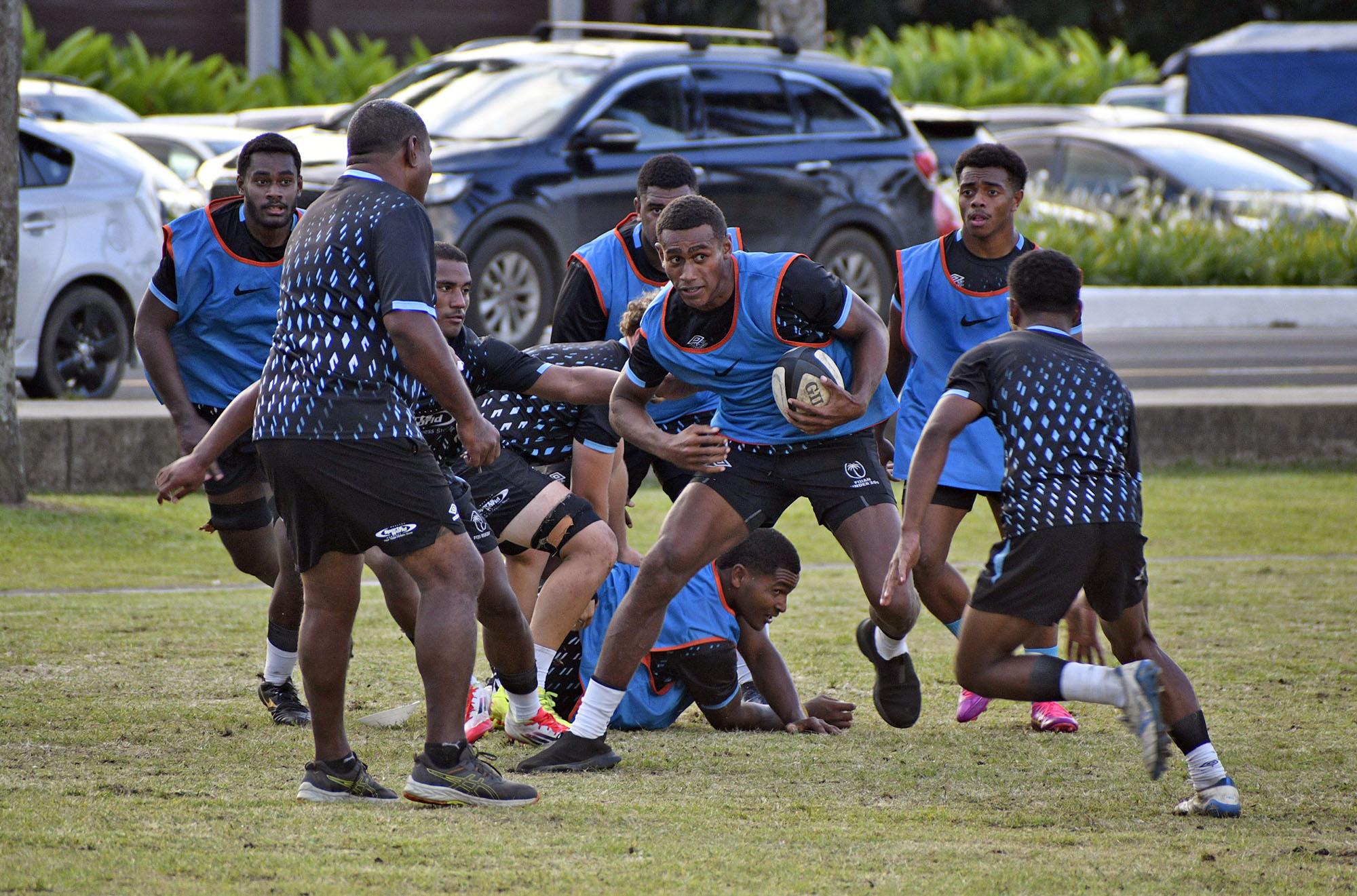Fiji is experiencing a significant youth crisis marked by rising rates of drug use, HIV, mental health challenges, violence, homelessness, and neglect. Children with disabilities face heightened exclusion and lack access to safe recreational spaces. This budget submission proposes national investment in inclusive, safe, and supportive sporting infrastructure to address these interlinked challenges. Upgrading existing council parks and piloting models like indoor play gyms such “We Rock the Spectrum” will provide children and young people, particularly those with disabilities, access to environments that promote early intervention, healthy development, mental well-being, and community engagement.
Background and context
FIJIAN youth are confronted by increasingly complex and interconnected challenges:
• Drug Use & HIV:
Over 1093 new HIV cases were recorded between January and September 2024 alone, with 55 per cent linked to injecting drug use. Practices such as “bluetoothing” have worsened transmission rates. Children as young as 9 are now drug users, and 10-year-olds are living with HIV (fijivillage.com).
• Mental health and risk behaviours:
A school survey showed 57 per cent of students used drugs before age 14, and 49 per cent consumed alcohol. iTaukei youth (18–35) are most affected by drug offenses.
• Youth violence and neglect:
Child abuse cases have risen from 838 in 2018 to 1719 in 2020. Youth homelessness is growing due to family breakdowns, poverty, and urban drift (finance.gov.fj; fbcnews.com.fj).
• Non-communicable diseases (NCDs):
NCDs account for 80 per cent of deaths in Fiji. Risk factors start early, especially where children lack access to physical activity (health.gov.fj).
• Disability and exclusion:
13.7 per cent of the population aged three and above live with functional disabilities. Children with disabilities face greater barriers to participation in education and community activities, leading to isolation and discrimination (unprpd.org; sdd.spc.int).
The Case for Inclusive Sports Infrastructure
Sport and recreation have proven benefits for physical, emotional, and mental well-being. Research indicates:
• Regular physical activity reduces depression, anxiety, and the risk of NCDs.
• Inclusive sports improve confidence, socialisation, and skill-building for children with disabilities – necessary for their development.
• Structured sports deter engagement in harmful behaviours such as drug use and violence.
International models, such as Special Olympics, the UK’s adaptive surf centres, and “We Rock the Spectrum” inclusive gyms, demonstrate how accessible recreation can transform lives.
In Australia and New Zealand, governments and local councils have consistently invested in sporting facilities both indoor and outdoor in all neighbourhoods to encourage positive social engagement.
Proposed Initiatives
1 Upgrade existing council parks identify and refurbish ten parks across urban and rural regions to include:
2 Inclusive playgrounds and adaptive sports equipment
3 Accessible footpaths, toilets, and ramps
4 Safe lighting, fencing, and security systems
5 Pilot Project – “We Rock the Spectrum” inclusive play gym establish an inclusive gym in Lautoka equipped with sensory-safe equipment, trained staff, and tailored programs for children of all abilities.
6 Community-based awareness and prevention programs develop initiatives that:
n Promote mental health and emotional resilience;
n Educate youth on drug use and HIV
n Foster inclusion and peer support among children with disabilities
Expected Outcomes and Long-Term Impact
• Reduction in youth drug use and HIV transmission rates;
• Improved mental health and emotional well-being;
• Enhanced physical activity levels and NCDs prevention;
• Increased participation of children with disabilities in community life;
• Safer, more inclusive public spaces for children and families;
• Strengthened social cohesion and reduced burden on health and social services.
Conclusion
This budget submission presents an evidence-based, socially inclusive, and proactive strategy to address the interconnected challenges facing Fiji’s young people. Investing in accessible sporting infrastructure and inclusive recreation will not only uplift vulnerable youth but also build a healthier, safer, and more resilient Fiji.
SAILESH NAIDU operates Business Trainers and Consultants – brainersconsultants@gmail.com. This budget submission – prepared by Business Trainers and Consultants, Suva, Fiji – was submitted to the Ministry of Finance on May 14, 2025
sai



